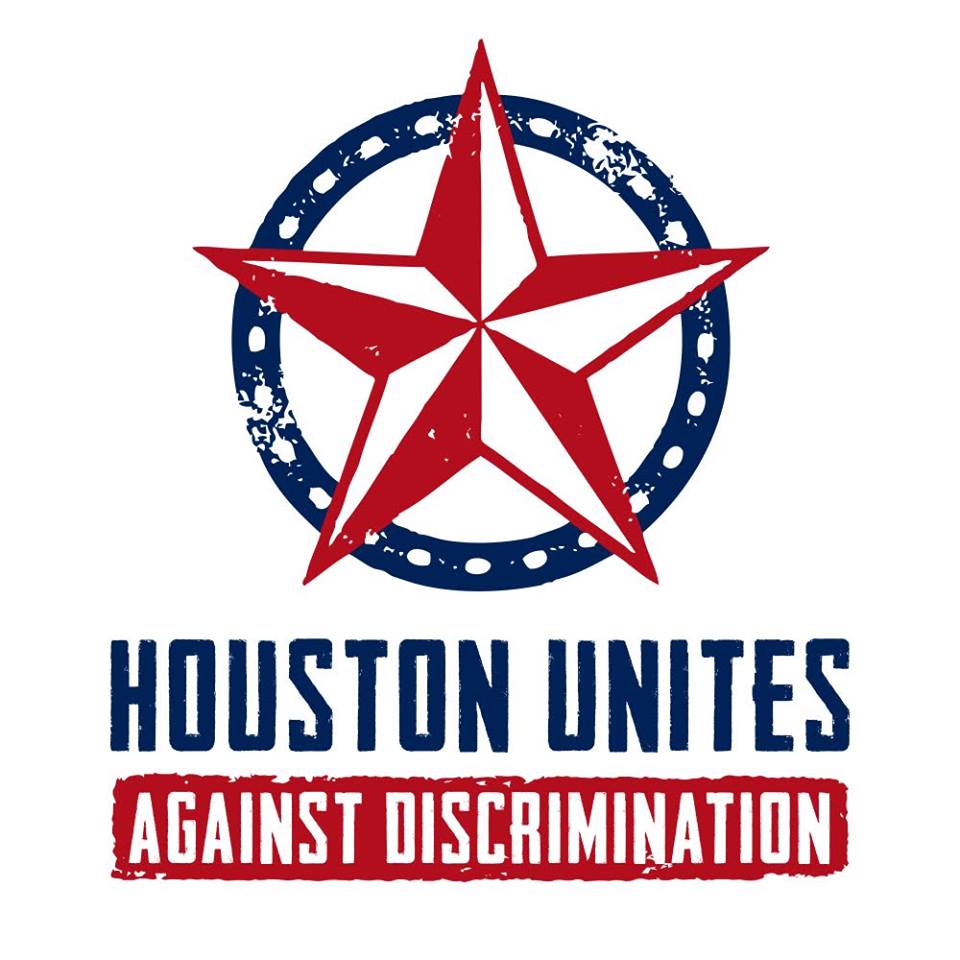In November 2015, 61 percent of Houston voters rejected a city ordinance that would have barred employers from discriminating against people based on their sexual orientation and gender identity, a devastating blow for LGBTQ advocates in the nation’s fourth-largest city.
Four and a half years later, two-thirds of the conservative-majority U.S. Supreme Court extended federal workplace protections to gay and transgender employees across the entire country, with Justice Neil Gorsuch — a conservative jurist appointed by President Donald Trump — penning the majority opinion.
The ruling marks a stunning turnaround for LGBTQ Houstonians, who lacked such protections under local, state or federal law before Monday. Still, they remain subject to discrimination in public places, meaning a restaurant owner may no longer discriminate against gay and transgender employees but can refuse service to LGBTQ customers.
Houston’s anti-discrimination measure — branded by supporters as Houston’s Equal Rights Ordinance, or HERO, and by opponents as the Bathroom Ordinance — would have applied to employers, housing providers and places of public accommodation. It would have protected 13 classes on top of sexual orientation and gender identity: sex, race, color, ethnicity, national origin, age, religion, disability, pregnancy and genetic information, and family, marital or military status.
Supporters of the local anti-discrimination law say they will continue tentative plans to push for a second version of the measure in 2021, the next city election, to ensure the remaining classes and locations are covered. They also say a local ordinance would provide an added layer of protection for members of Houston’s LGBTQ community beyond the Supreme Court ruling.
“It is very clear, if you put it in the context of what’s happening in our country right now, that having de jure employment protections doesn’t mean that the problem is solved,” said Annise Parker, the former Houston mayor and first openly gay mayor of a major American city. “Because, in fact, we’ve had protections around race for a very long time and we still are trying to work hard to dismantle systemic racism. So, it is a big step forward, but there’s still much work to do.”
Houston’s LGBTQ advocacy groups have eyed the 2021 election since their first attempt ended in a resounding defeat. Monday’s court ruling will strengthen their case and their odds of success, contended Austin Davis Ruiz, communications director for the Houston GLBT Political Caucus.
“If you can no longer discriminate on the basis of sexual orientation or gender identity as it’s decided in this interpretation of the word ‘sex,’ then it should be able to be extended to all these other areas that still lack federal protection,” Ruiz said.
[…]
Alternatively, Houston City Council could pass an anti-discrimination ordinance if Mayor Sylvester Turner were to place it on a meeting agenda and the majority of the 17-person council approved it. Turner, who controls the City Council agenda, did not address that possibility in a statement Monday praising the Supreme Court ruling. Through a spokeswoman, the mayor declined to say whether he thinks the ordinance should go through City Council or the November ballot.
During last year’s mayoral campaign, Turner said he was working with his LGBTQ advisory board to find “opportunities to do more public education” on the issue, but stopped short of saying he would advocate for a ballot measure in 2021.
We were talking about this last November, during the Mayoral runoff. I argued at the time for waiting until 2022, in order to get a better turnout model, but the engagement and outreach strategy is what really matters. Certainly, this could be passed by Council, but there would almost certainly be another referendum to overturn it, so you may as well have the election on your own terms. And despite what happened in 2015, there’s no reason why it couldn’t pass this time. It’s mostly a matter of making sure that Democratic voters vote in favor of a position that is almost universally held by the Democratic politicians those voters vote for. There are a lot of ways this can be accomplished, but the one thing I’d call absolutely vital is organizing and preparing a message strategy for it ahead of time. There’s no better time than now to be doing that.

